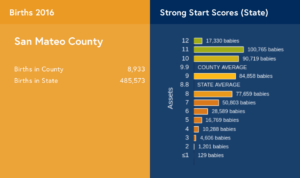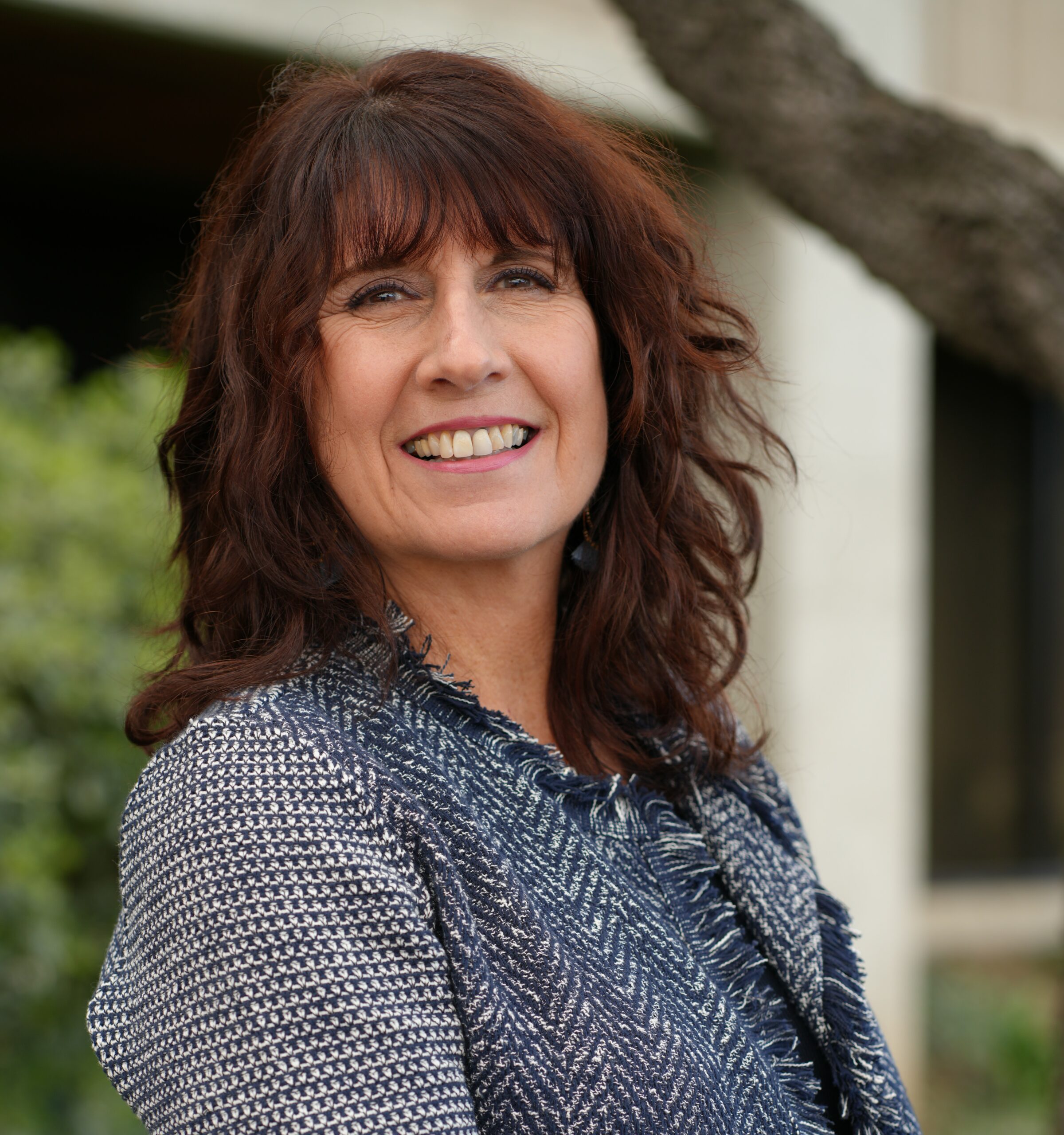
America has long prided itself on being a land of equal opportunity and upward social mobility, a place where those from even the humblest of backgrounds can flourish on the strength of their hard work. But we don’t always stop to think deeply about what it means to give every child in our communities the opportunity to reach their potential. We may think about financial aid for college, mentorship programs for middle-schoolers, or equitable funding for public schools. But access to opportunity starts much earlier than that. It starts before children enter preschool. It starts with parents who have health insurance, enough food, and stable jobs with decent pay. In our society, unequal opportunity is evident even before a child is born.
The California Strong Start Index is a new tool designed to explore the geographies of opportunity into which children are born. Developed by the Children’s Data Network, the Index is built from twelve health, financial, family, and service indicators that are universally captured on California birth certificates[1]. By examining the average Index scores for geographies such as census tracts, it is possible to identify locations where babies are more likely to be born into families and communities that lack some of crucial resources children need to thrive.
 San Francisco and San Mateo Counties have the highest average Strong Start Index Scores in the State, at 9.9 out of 12. But if we only look at the county average, we will miss the very inequality of opportunity the Index intends to uncover. In San Mateo County, nearly one in three babies (31%) is born with fewer resources than average. And one out of every five (20%) is born into a low-asset neighborhood, where large proportions of families are struggling against great odds to create opportunities for their children to blossom.
San Francisco and San Mateo Counties have the highest average Strong Start Index Scores in the State, at 9.9 out of 12. But if we only look at the county average, we will miss the very inequality of opportunity the Index intends to uncover. In San Mateo County, nearly one in three babies (31%) is born with fewer resources than average. And one out of every five (20%) is born into a low-asset neighborhood, where large proportions of families are struggling against great odds to create opportunities for their children to blossom.
If we truly believe that that every child in every community deserves an equal chance to build a life that is productive, fulfilling, and joyful, we must commit to a more meaningful understanding of “opportunity.” A society where some children come into the world already behind because their parents can’t afford health care or find a job that pays a living wage is not a society that embodies equal opportunity. It is up to us to acknowledge this moral imperative and develop the political will to make it right.
[1] Family Assets: Legal parentage established at birth, non-teen parents, parents with at least a high school degree. Health Assets: Healthy birth weight, absence of congenital anomalies or birth complications, no transmissible (mother-to-child) infections at birth. Service Assets: Access to and receipt of timely prenatal care, receipt of nutritional services (WIC) if eligible, born at a hospital with high percentage of births with timely prenatal care. Financial Assets: Ability to afford and access health care, parent with a college degree, parents with employment history.


